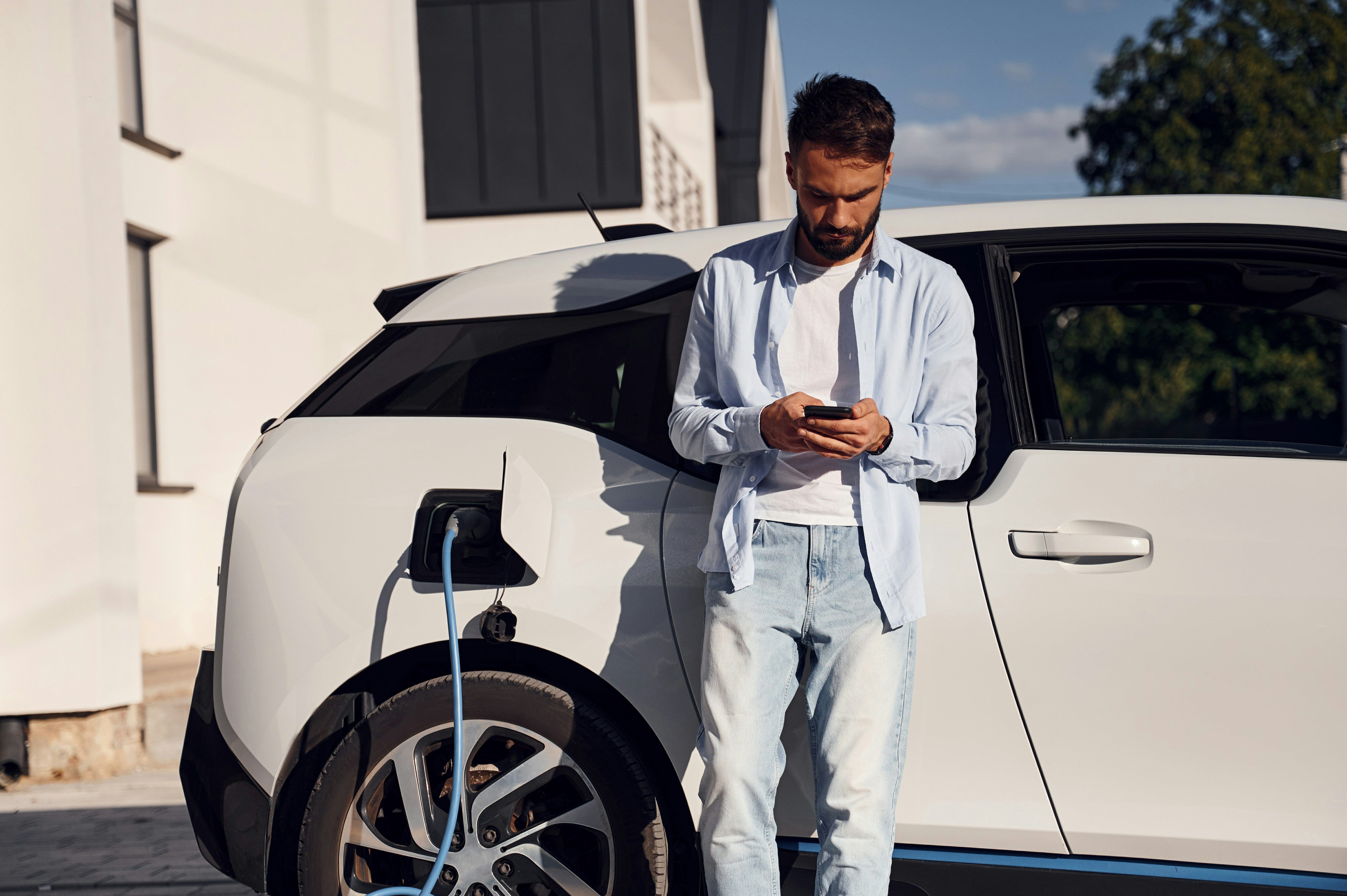UK EV Incentives Available in 2025
Government support for EV adoption remains strong, though it's now focused more on infrastructure and ownership costs rather than upfront grants.
1. Vehicle Excise Duty (VED) for EVs
From 1 April 2025, electric vehicles will no longer be exempt from Vehicle Excise Duty (VED). We covered the changes and how much these Taxes would be here. New zero-emission cars registered on or after this date will pay a first-year VED rate of £10, rising to the standard annual rate of £195 from the second year onwards. These vehicles will also be subject to a £425 "Expensive Car Supplement" for five years if their list price exceeds £40,000.
For existing EVs:
- Those registered between 1 April 2017 and 31 March 2025 will also begin paying the £195 standard annual rate from 2025/26.
- EVs registered before 1 April 2017 will pay a reduced rate of £20 annually and will not be subject to the expensive car supplement, regardless of their original list price.
2. Workplace Charging Scheme (WCS)
The Workplace Charging Scheme continues to support businesses installing EV charging points. Eligible organisations can claim up to £350 per socket, with a maximum of 40 sockets per site. This scheme is particularly beneficial for SMEs with off-street parking.
3. Local Authority Support
Many local councils offer EV-friendly benefits, including:
- Free or discounted parking
- Exemption from clean air or low emission zone charges
- Priority lanes and reduced permit fees
4. Off-Peak EV Tariffs
Energy providers offer EV-specific tariffs with reduced rates during off-peak hours, making home charging more affordable. These tariffs are ideal for overnight charging, helping to lower overall energy costs.
Why Second-Hand EVs Are Gaining Popularity
With new EV prices remaining high despite incentives, the second-hand market offers a compelling alternative. Models like the Nissan Leaf or Tesla Model 3 are now more accessible, but battery health should be a serious consideration on your pre-purchase checklist.
Top Tips to Maximise Your EV Investment
- Check local council incentives: Benefits vary significantly by location—check what your specific council offers.
- Factor in full ownership costs: Consider tax benefits, reduced maintenance, and lower "fuel" costs.
- Always assess battery health before buying used: Independent assessment is crucial for used EVs.
- Use off-peak charging for lower costs: Take advantage of EV tariffs to reduce energy expenses.
- Monitor performance regularly: Regular checks help identify issues before they affect range or value.
Final Thoughts
While direct purchase grants have reduced, the UK remains highly supportive of EV ownership through tax breaks, charging infrastructure, and local initiatives. If you’re planning on purchasing a used EV, make sure to have a look at our Used EV Pre-purchase Guide for more information.
